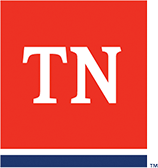Thriving TN Arts & Culture
By Hal Partlow, Associate Director of Grants —
At TN Arts Commission Quarterly board meetings, staff reports on the agency’s policy compliance in accordance with the strategic plan. During the most recent board meeting on September 21, staff reported on key strategies and actions to-date that have been carried out in support goal one of the plan: Thriving Tennessee Arts and Culture.
The first objective under this goal is to invest in arts and cultural assets as an integral part of everyday life for Tennesseans
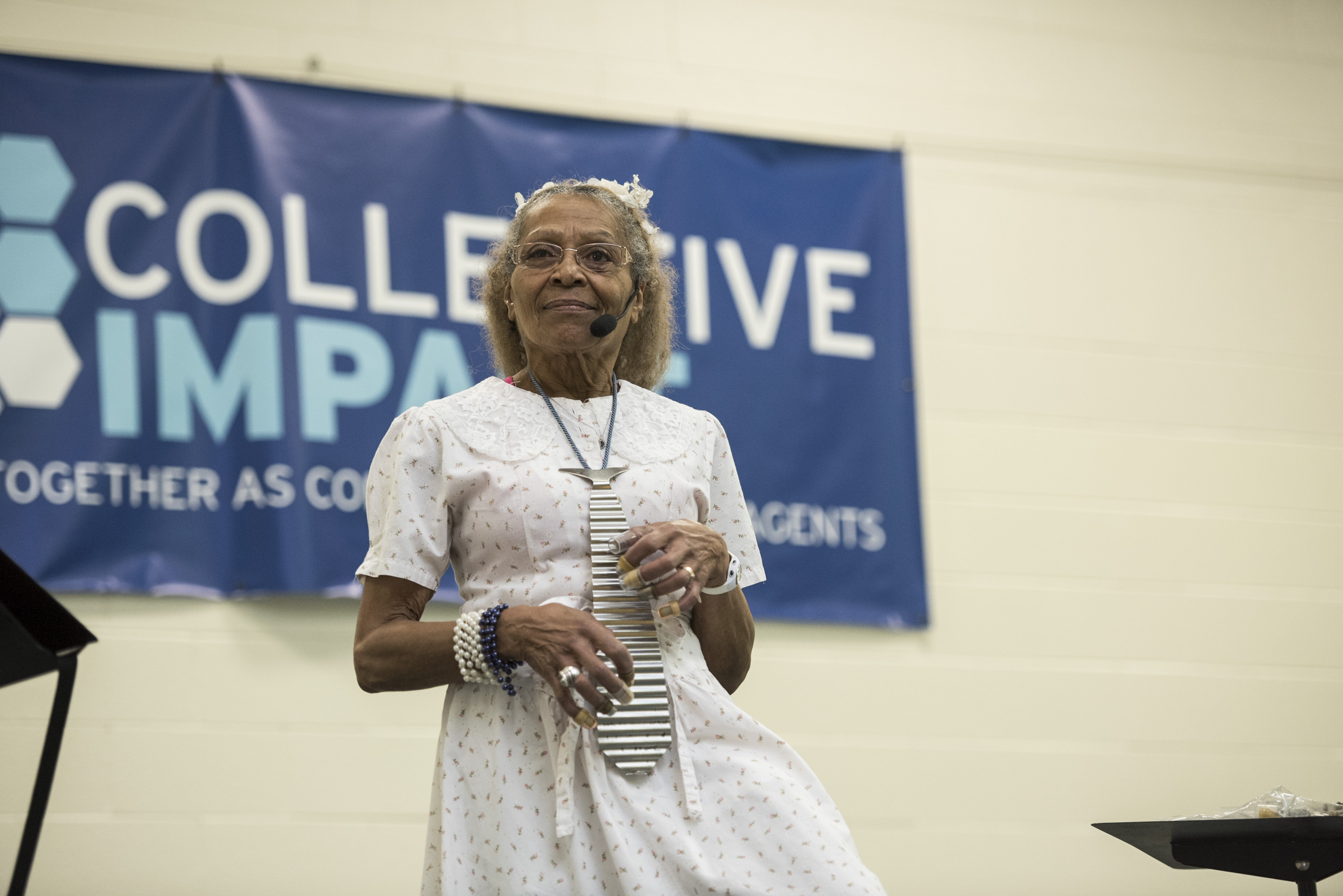
In FY2016, TN Arts made investments totaling $2.96M in operating support for eligible arts organizations to increase opportunities for all. These investments were made across all program areas serving an estimated 11.4M individuals, including 2.4M youth and 73K artists—aiding with TN Arts reach into all 95 counties for the third consecutive fiscal year.
The Commission continues to promote the professional development of artists by providing funding for teaching artist workshops, as well as professional development for artists, arts administrators and teaching artists.
Grant programs continue ongoing support of arts activities for the community benefit, such as community festivals, exhibitions, concerts, storytelling and demonstrations in all 95 counties across the state.
The second objective is to preserve and promote Tennessee’s heritage, cultural diversity and folk arts
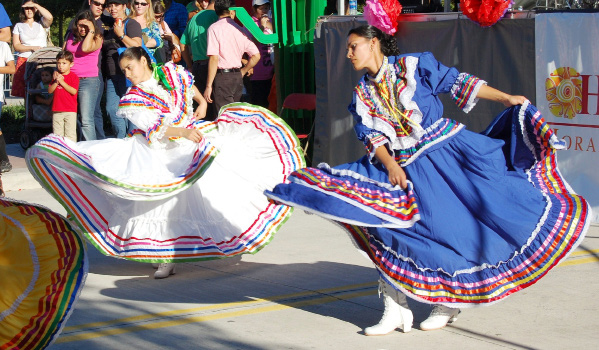
Various Commission programs work to identify, document and promote Tennessee folk artists, community traditions, folklife practices and traditional arts, including both older rooted traditions and those of more recent ethnic and immigrant communities. Funds are granted to community festivals, fiddle contests, exhibitions, concerts, storytelling and folklife demonstrations across the state.
Folklife staff publish articles, present public presentations and give interviews about Tennessee’s folk artists and cultural heritage to increase public awareness of and scholarly access to the wealth of Tennessee folklife program archival records. Additionally, feature write-ups on honored folk artists, fieldwork reports, documentary photography and more news about state folk art activities are available on the TN Art Folklife website. Archival records were donated to Tennessee State Library and Archives, allowing for even greater public and scholarly access.
The third objective is to expand accessibility, participation, and inclusion in the arts for all Tennesseans
Staff makes concerted efforts to define opportunities and target support for underserved communities in numerous way, including: field research of underserved groups to document their traditions, folklife and informal art forms and to increase inclusion in TN Arts programs; technical assistance to individuals and organizations to introduce them to grant programs and enhance opportunities; offering Spanish language assistance to Spanish speaking constituents; and updating the Arts Access guidelines to be more inclusive of all organizations that are serving underserved people.
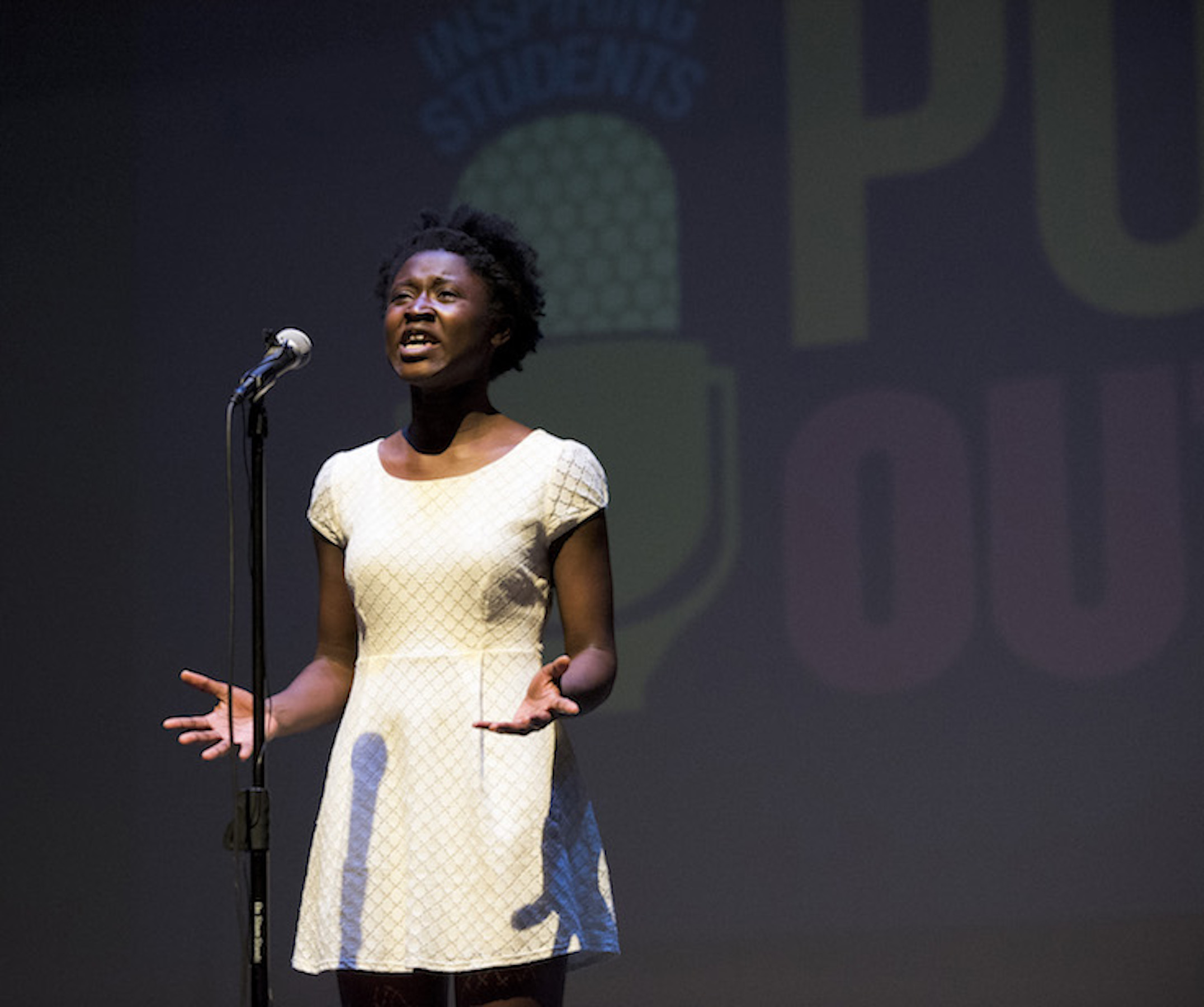
Staff regularly attend and participate in national conferences and meetings to learn about methods employed in other states to research and share best practices for audience development, including underserved communities. The 2016 statewide arts conference, Collective Impact: Together as Community Change Agents, shared best practices through session presentations, including Accessibility and Cultural Engagement. Participants were able to learn about best practices of working in Latino and African American communities to increase participation in areas like board diversity, community participation, and engagement within these underserved communities.
Arts Education staff has established strategic partnerships with schools such as the Tennessee School for the Blind to ensure access to the Poetry Out Loud, thereby increasing arts participation opportunities, including for persons with disabilities. The Traditional Arts Apprenticeship Program also offers opportunities to individual folk artists (predominantly in underserved categories) to participate in TN Arts grant funding. Additionally, a Guide for Expanding Access to the Arts for Persons with Disabilities was developed through a partnership with the TN Council of Developmental Disabilities and is available online.
The fourth objective is to foster innovation and excellence
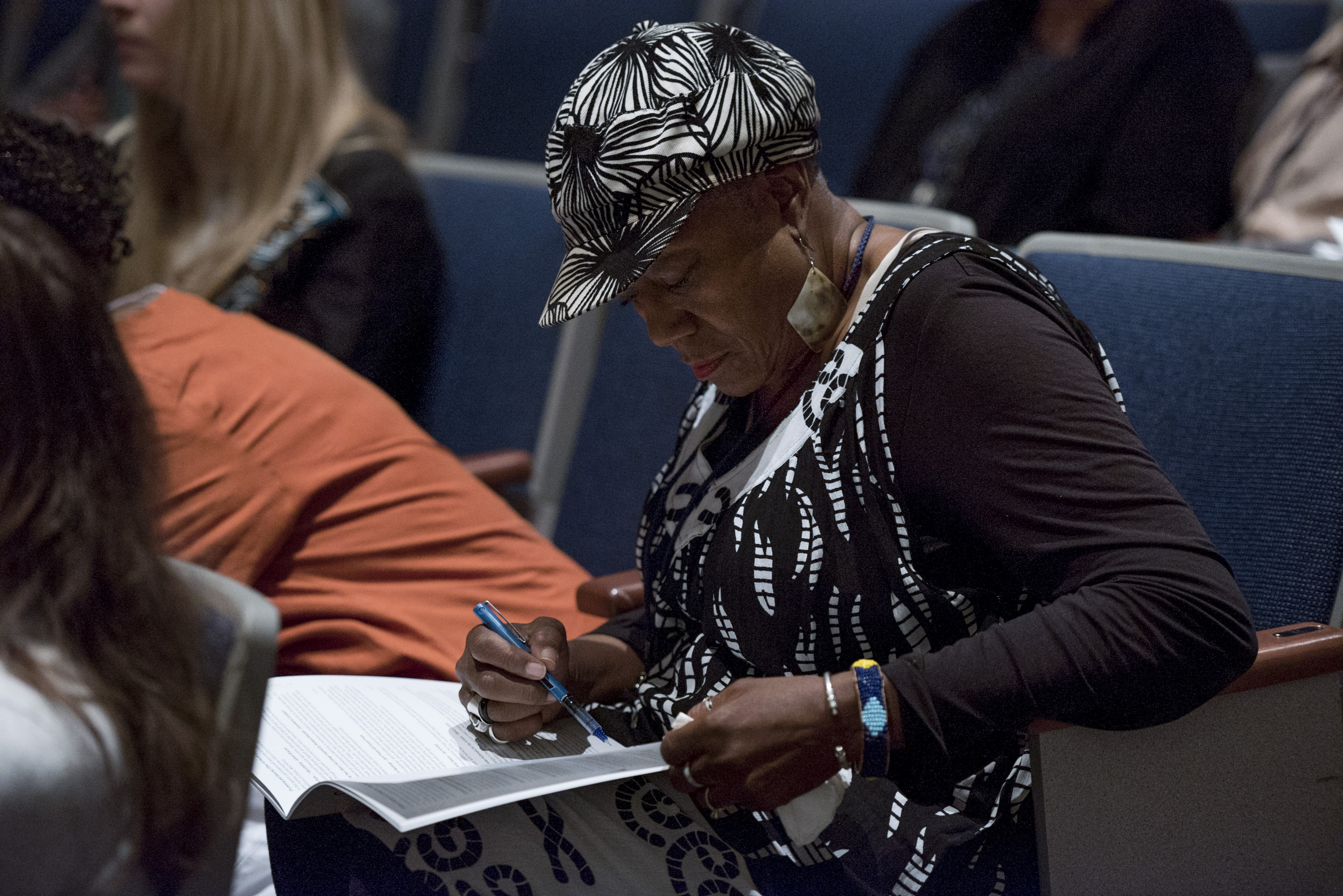
The 2016 Collective Impact conference brought together 300+ arts administrators, educators and artists to share and propel best practices to strengthen the arts and artists in Tennessee, examining how to address community issues through the arts. The Master Artist /Apprentice Program (MAAP) provides concentrated learning experiences to apprentices demonstrating a commitment to further their abilities as specialized craft practitioners by celebrating the role of the master/apprentice relationship as a way to preserve the state’s cultural heritage.
Commission grant programs such as Technical Assistance, Professional Development, and Arts Education Teacher Incentive rolling grants encourage and incentivize resilience and adaptability to changes in the environment by funding projects that take advantage of unique opportunities that will benefit career development or strengthen organizational capacity in response to changing environments.

